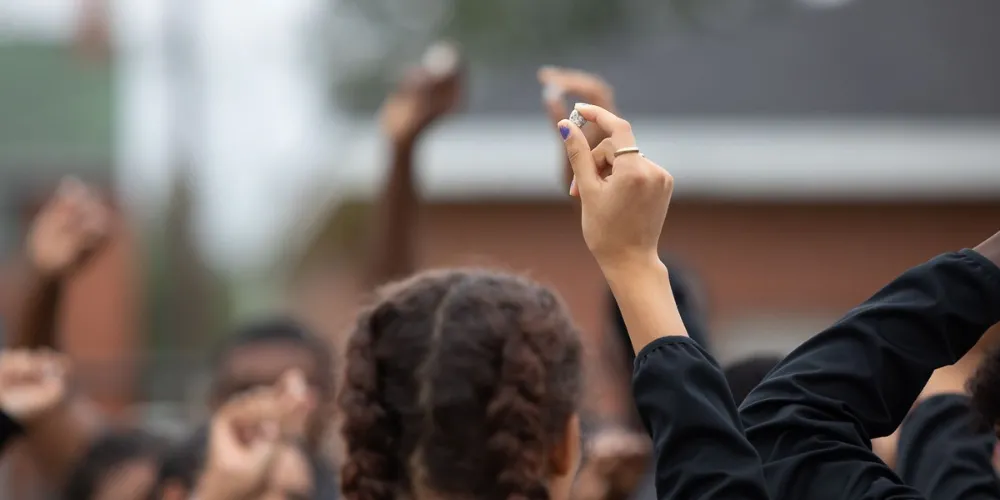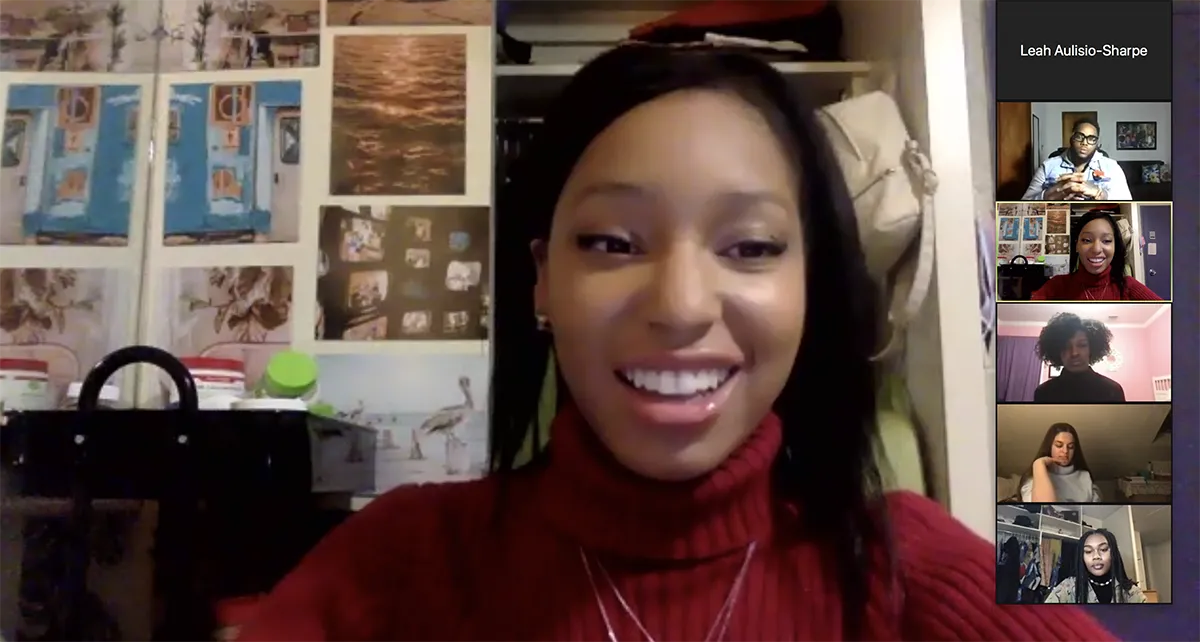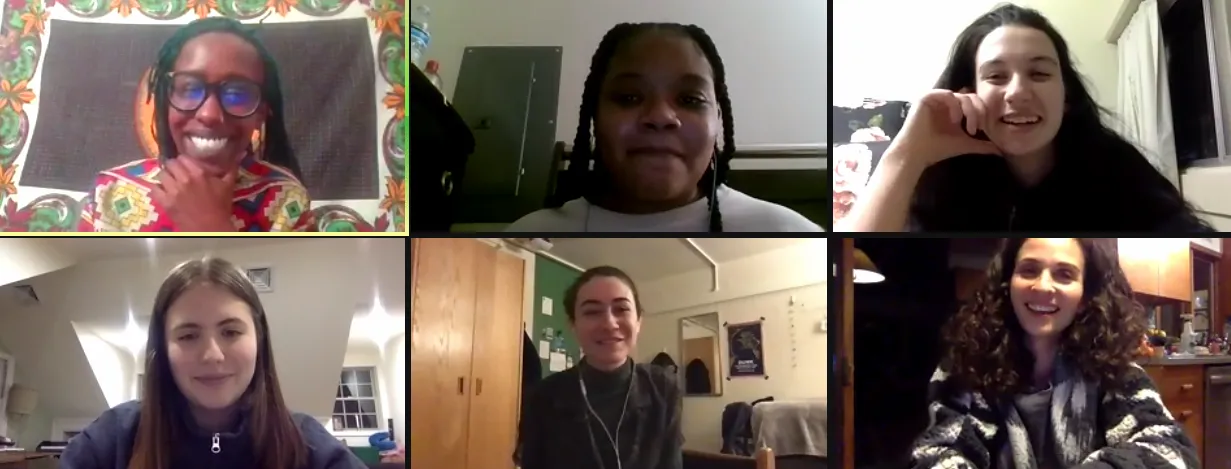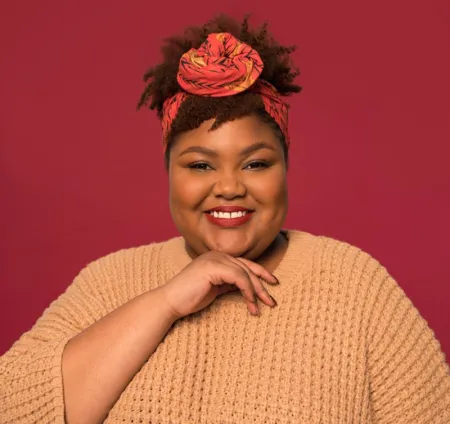As she was working to put together programming for the college’s yearly weeklong celebration of Martin Luther King Jr., Omega Hollies realized an opportunity was in front of her.
“Obviously, we had to make our programming virtual,” said Hollies, assistant director for Ithaca College’s Center for Inclusion, Diversity, Equity and Social Change (IDEAS). “But knowing that change was coming allowed us to think of other ways in which we could adjust the event to make it more impactful.
The most significant change centered on how the content was delivered. Typically, MLK Week programming — which this year ran from Jan. 25 to 29 — had revolved around a single quote by King. But Hollies wanted to take it in a different direction this year.



